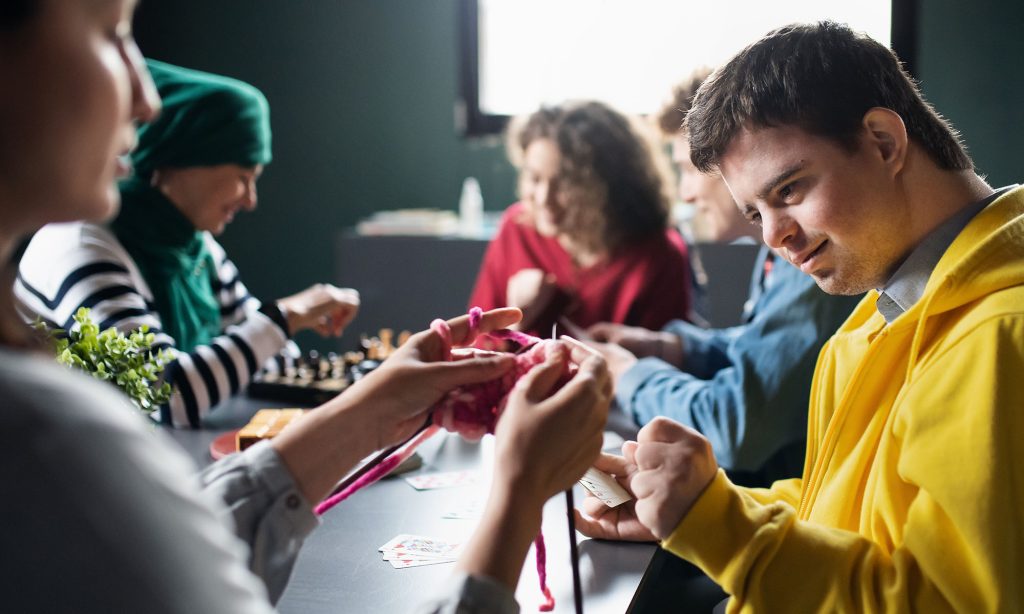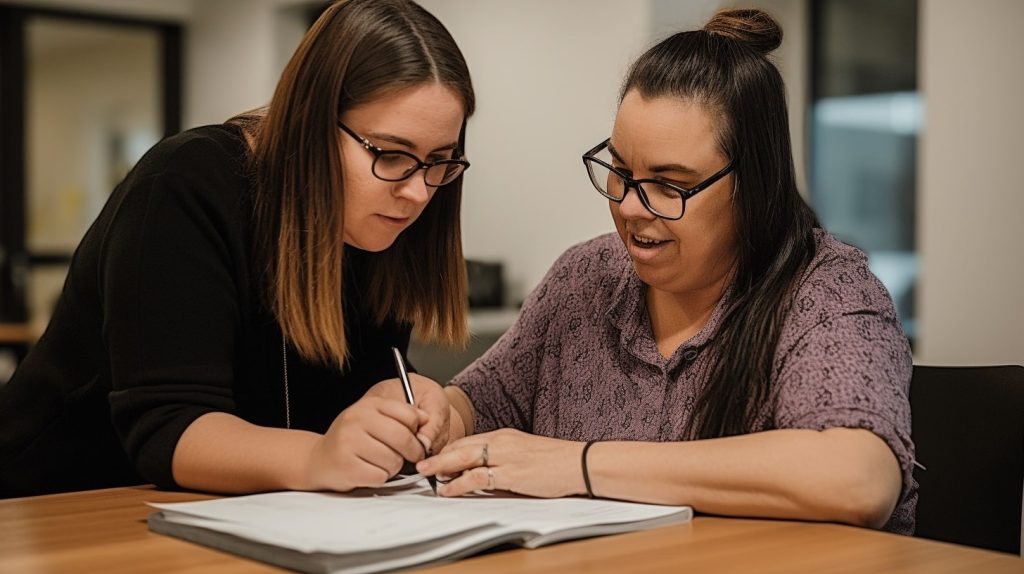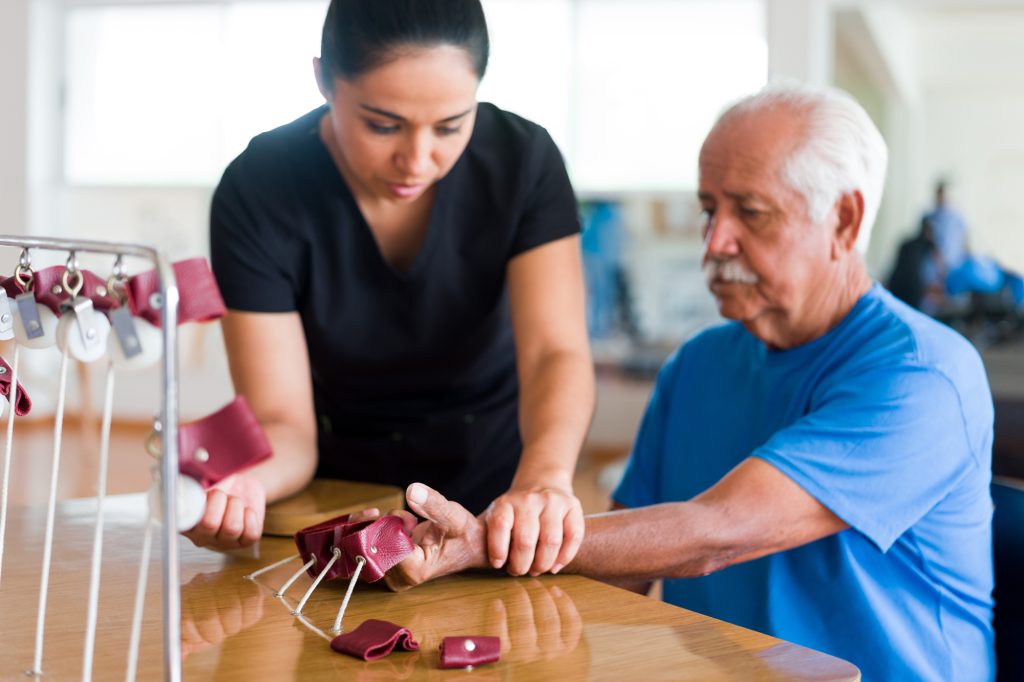Lotus Disability Care has ongoing liaisons with a variety of local psychologists and counsellors Therapists work closely with the Lotus team to assist support participants and their careers with strategies, setting and achieving goals and working through your recovery journey.
Lotus Disability Care has ongoing liaisons with a variety of local psychologists and counsellors that provide a variety of supports including different therapies such as Cognitive Behavioural Therapy (CBT), Dialectical Behaviour Therapy (DBT), Acceptance and Commitment (ACT) Interpersonal Therapy, Mindfullness, Family Therapy and Supportive Psychotherapy. Therapists work closely with the Lotus team to assist support participants and their carers with strategies, setting and achieving goals and working through your recovery journey.
Psychotherapy is an integral part of managing Psychosocial Disabilities such as depression, bipolar disorder, anxiety, obsessive compulsive disorder, schizophrenia and other psychotic disorders, post-traumatic stress disorder, borderline personality disorder or dependent personality disorder, phobias, panic disorder, addictions (including alcoholism, drug dependence and gambling addiction), eating disorders such as anorexia nervosa and bulimia.
Lotus Disability Care connects you to the right therapist for your individual needs. We maintain close relations with practitioners to ensure services meet your psychosocial goals and support your Recovery Journey.












